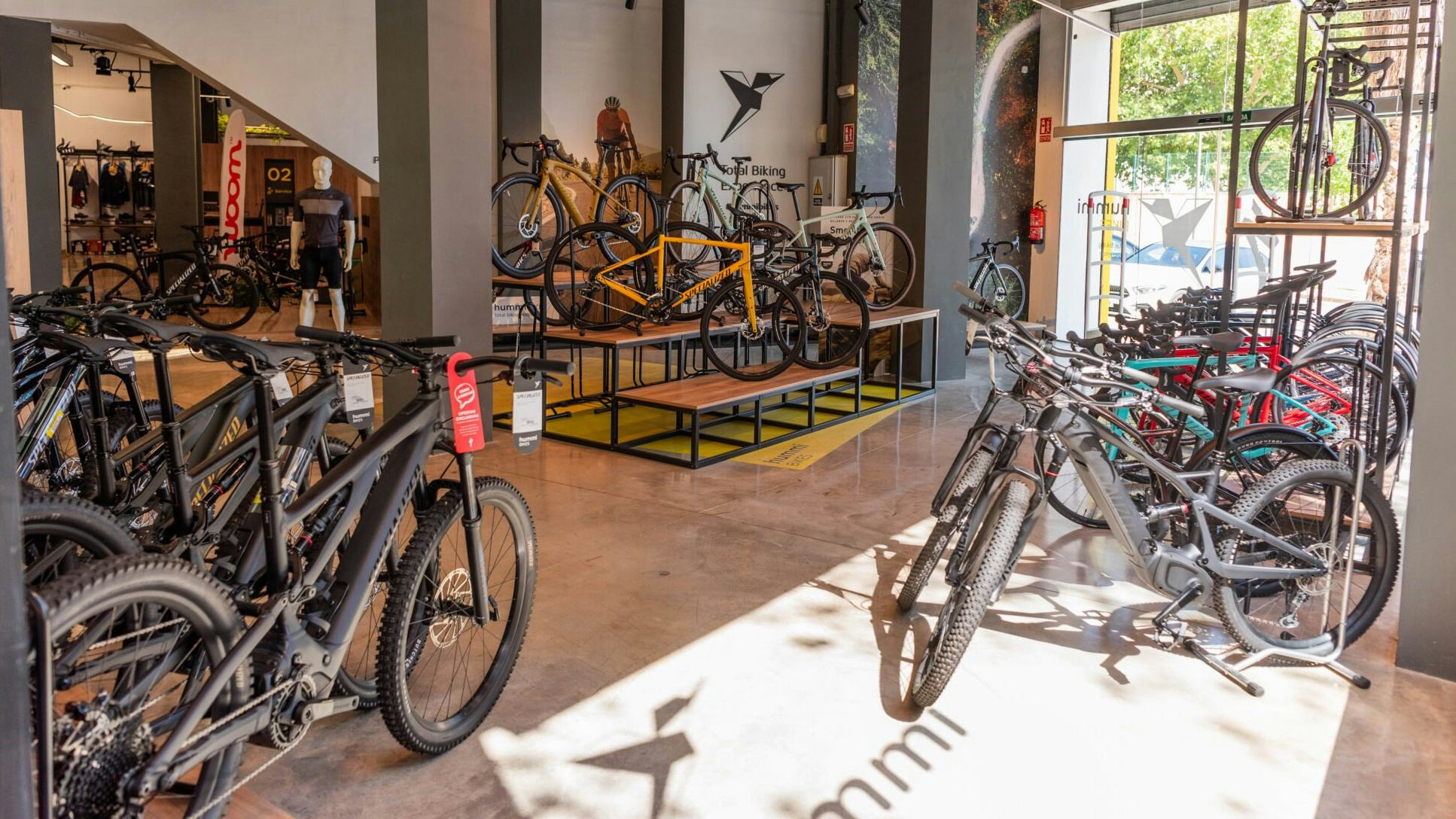Once the directive has been officially approved later this year, the Member States will have 24 months to implement the necessary measures at national level. This will have implications for both sellers and manufacturers of e-bikes in the next few years. Although repairs have traditionally been common in the bicycle industry, this certainly does not apply to all parts of the e-bike.
Battery separate part of the bike
Particularly in the case of a defective e-bike motor or battery, a replacement product is often preferred over repair, from a commercial point of view. Replacing the defective product is considered less risky, and offers the least inconvenience to the seller. In fact, after the guarantee period has expired, customers are often steered towards the purchase of a new e-bike, which is at odds with the new EU guidelines. The electronic components of the bike (i.e. the battery, motor, controller and display) are often viewed as standalone products. The technical knowledge and expertise lies with the original battery manufacturers, often based in Southeast Asia.

Shift in responsibility and focus
After the new laws are implemented, the responsibility for a quick and environmentally friendly solution suddenly shifts towards the seller. The battery is often considered one of the most expensive and vulnerable parts of the e-bike: if an e-bike does not work properly, this often has to do with the battery. A specialised service partner in this area may soon be even more valuable.
In order to reduce lead times and also in anticipation of the changing legislation, several battery manufacturers have opened European service points over the last few years. In many cases however, products are still shipped back to the original manufacturer overseas or sellers rely on European third-party specialists.
Specialised service partner
One of the largest specialised battery repair companies in Europe is located in the Netherlands. Heskon has been repairing lithium batteries for small electric vehicles (SEVs) since 2019. Over the years the company has become a certified repair partner for e-bike (battery) manufacturers, government agencies and other micromobility stakeholders. In particular, when sellers experience battery-related problems, they refer to Heskon for service or advice.
For example, it is possible to set up large-scale recalls for manufacturing defects in new batteries, but manufacturers also engage the service partner to collect older battery models that need to be recycled or rebuilt. In most cases however, service requests are made towards the end of the legal warranty period or afterwards. Consumers who experience battery performance issues on their e-bike expect a fast, adequate solution. Time and money can’t be wasted on a costly logistical operation overseas, so the batteries are repaired closer to the original sales market.

Adapting to European bike industry
Director Hannes de Jong states that the company has invested in recent years to be prepared for the legal requirements. In addition, a lot of attention has been paid to IT and automation in order to restore hundreds of lithium batteries in a short amount of time: “Our process is divided into a flow of successive, specialised departments according to the Kanban principle. Quality control takes place between each department and every action is digitally logged in our custom-made ERP system. The batteries are provided with a barcode and serial number that is scanned after each operation. This is crucial in view of upcoming EU legislation that requires a digital passport for every EV battery.”
The company was already taking the necessary steps to meet the requirements of the industry prior to the European legislative proposals: “When a problem arises with the battery of a large group of customers, it is important that the batteries go through the entire repair process within a few weeks. At the same time, the quality and safety standards of the original product must be maintained after the repair. Although this can be challenging, it is very important, because we work with consumer goods that pose a fire hazard.”
Opportunities for collaboration
The Dutch battery expert regards Right to Repair as an excellent opportunity to further intensify cooperation with manufacturers in the industry. To facilitate third-party repairs brand owners are obliged to make their spare parts and software available to certified repairers. “We have set up a separate production line for large repair projects, with a team of specialised repairers who learn to work with the customer’s OEM tools and software.”
De Jong expects that in the near future there will be more requests beyond the bicycle industry: “All manufacturers who use lithium batteries in their products and supply them to consumers on the European market will have to deal with this legislation. They will have to take this into account throughout the entire production chain.”
This article is sponsored by Heskon







